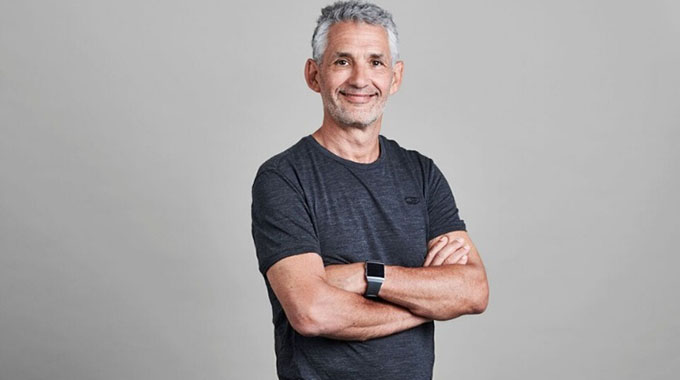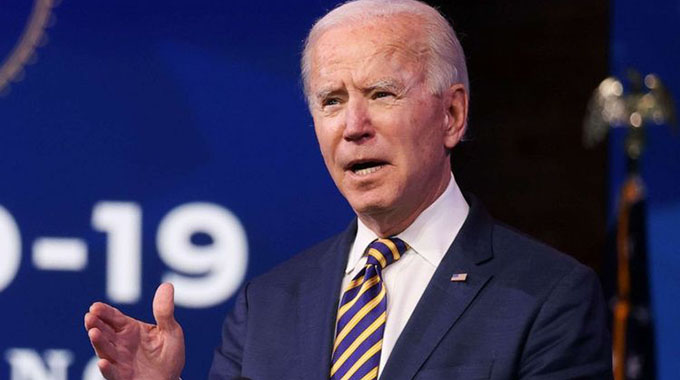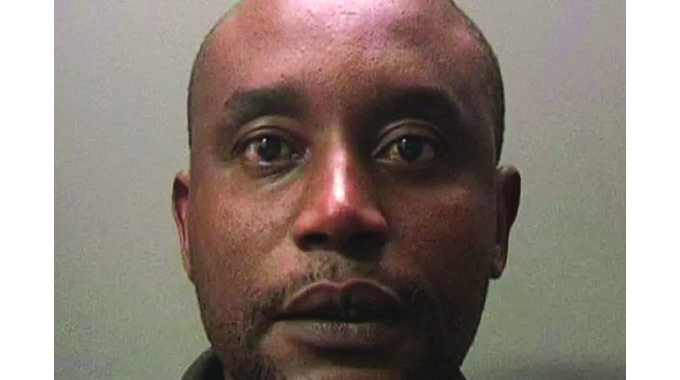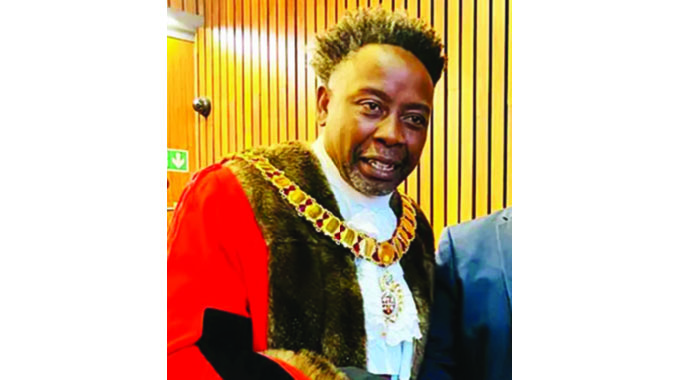Covid-19 reinfections haunt Zimbabweans in Diaspora

Dr Masimba Mavaza
Correspondent
There is an increasing fear here of people, including Zimbabweans, being infected with Covid-19 more than once with the subsequent attacks being far more dangerous.
Reinfections were thought to be rare but now they are common. Recently a 25-year-old Zimbabwean man was hospitalised after his lungs were infected.
The man from Luton had no known health problems or immune defects that would make him particularly vulnerable to Covid-19 which has baffled researchers here. Zimbabweans here who contracted Covid-19 generally recovered from the first strain.
Scientists say the patient caught the coronavirus twice and instead of the original infection becoming dormant, it bounced back. A comparison of the genetic codes of the virus taken during each bout of symptoms showed they were too distinct to be caused by the same infection.
Doctors are saying while most first time Covid-19 patients recovered fully, they are, however, concerned with the number of those whose symptoms are persisting weeks and even months after falling ill. The second wave has proved to be more devastating than the first one.
“These long-term symptoms are often ‘bizarre’ and range from strange pains and fevers to debilitating headaches and lethargy,” noted Dr Mandy of Northampton here.
Many Zimbabweans, who survived from the virus confirm that life has never been the same for them.
Michael Dzingai of London said: “I was relieved when I was informed that I had made a full recovery. I thanked God for a battle won although l still have difficulties in breathing. I have lost my taste and life has not returned to normal. I am now a sickling. Only last week I was told I am positive again. Surprisingly though the pain is different.”
According to the latest research from King’s College, London, one in 20 Covid-19 patients experience long-term symptoms for at least a month if not longer. One in 10 still have symptoms after three weeks, despite the average time for recovery for most mild cases being two weeks.
Professor Tim Spector of King’s College who heads the team which has developed the UK’s biggest symptom tracking app believes the long-term impact of the virus is underestimated.
“The government is telling people that this is just like the flu and only checking on a few symptoms, but it’s not at all like the flu,” he told The Telegraph newspaper adding ,“For many people it can linger on; many people are saying they’ve had it for over three months now.”
Describing Covid-19 as one of the “strangest diseases I’ve ever come across”, Prof Spector is concerned that researchers are failing to collect comprehensive data on long-term and milder symptoms saying that breathlessness and fevers were also recurring symptoms in patients struggling with the ‘long tail’ form of the virus.
Another Zimbabwean, Kingstone Mbende of Luton, is still experiencing symptoms — over eight weeks after first contracting the virus.
“Normally with viruses you’re ill for a few days and then you get better, but with this one it comes back at you and slaps you around the face time and time again with different symptoms,” he said.
Despite just feeling a bit strange and tired during the first two days of experiencing symptoms, he said the symptoms quickly progressed to a tightness in the chest leading to shortness of breath.
Thomas Banda a nurse from Leeds said: “It (feeling) went on and on, and I had this incredible period, where I actually thought I was dying. I was lying in bed and couldn’t lift my arms; I started passing out as my heart was racing. And then two hours later I kind of woke up.”
A professor from Liverpool said: “All the focus was on people on ventilators, but there’s this huge chunk of people managing at home who are largely unseen.”
Drawing parallels between Covid-19 and chronic fatigue syndrome, Prof Garner warns against taking strenuous exercise while still recovering.
“We know that from ordinary pneumonia it takes people several months to get better. I think the important thing from my side is how many people have been really quite unwell at home and these are not on government statistics. They are not even counted.”
As to how long it will take for patients to fully recover from Covid-19, it is something that rehabilitation experts remain, for now, largely in the dark since the virus is new.

Professor Charlotte Bolton
“We don’t fully know the long-term implications because this is a new disease,” said one Charlotte Bolton, a professor of respiratory medicine at the University of Nottingham.
While stressing that most Covid-19 patients will recover fairly promptly, Prof Bolton said that there are patients that she and her colleagues have found to have persisting symptoms, which tended to be breathlessness, fatigue and a loss in taste or appetite resulting in significant weight loss.
Prof Bolton also said that some younger people, who contracted the virus are reporting periods of forgetfulness although generally they will be feeling better in many ways.
Many Zimbabweans have failed to get back to normalcy after being attacked by Covid-19.
No one is safe from Covid-19. It comes back stronger than before. People need to be wary of those giving people false hope that Covid-19 does not attack twice.








Comments